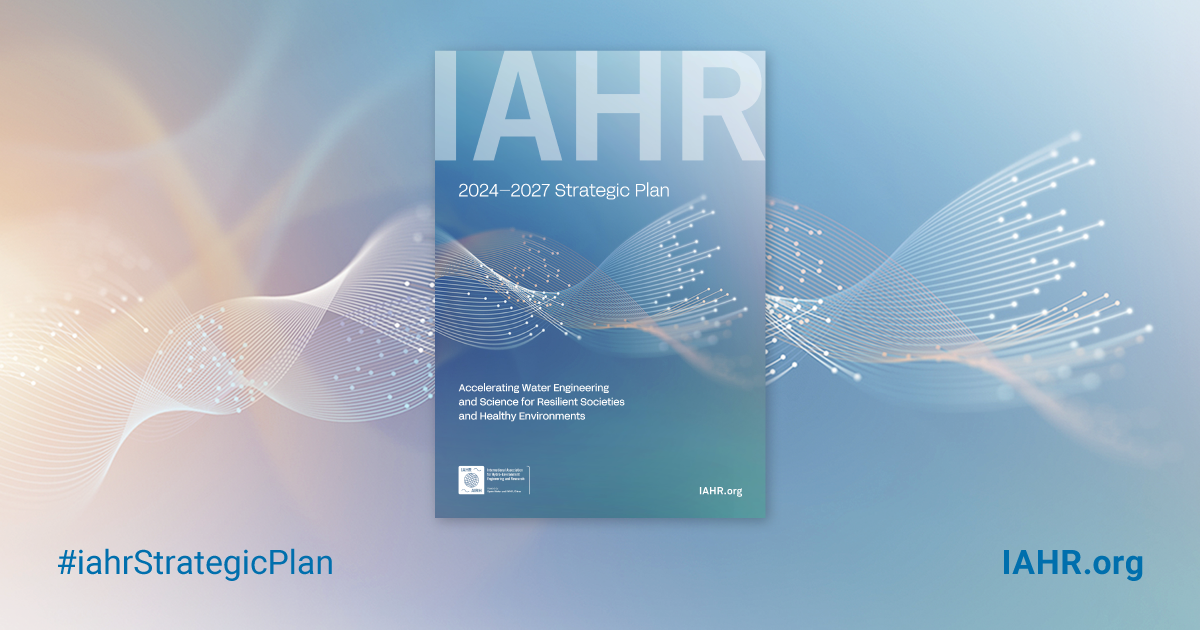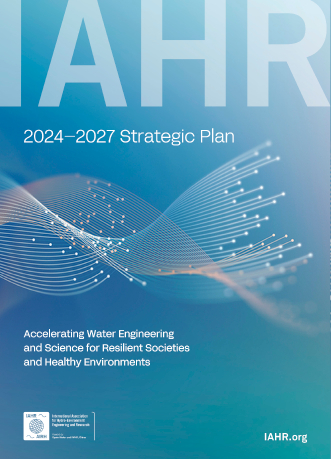IAHR releases new Strategic Plan for the upcoming 4 years
#iahrStrategicPlan
Download Strategic Plan Mission Thematic Priority Areas Keep updated Contact us
Today, more than ever water engineering stands out as a necessary field to re-shape our society and build a better future. IAHR wants to guide the hydro-environment community on this journey, but for it we must understand water engineering from a holistic point of view. IAHR is the only global water association focused on the entire water cycle, from mountains to coasts and that’s why we aim to be the global hub of knowledge and innovation for holistic water engineering. We invite you to discover our path for the next three years.
Water: The grand challenge of our times
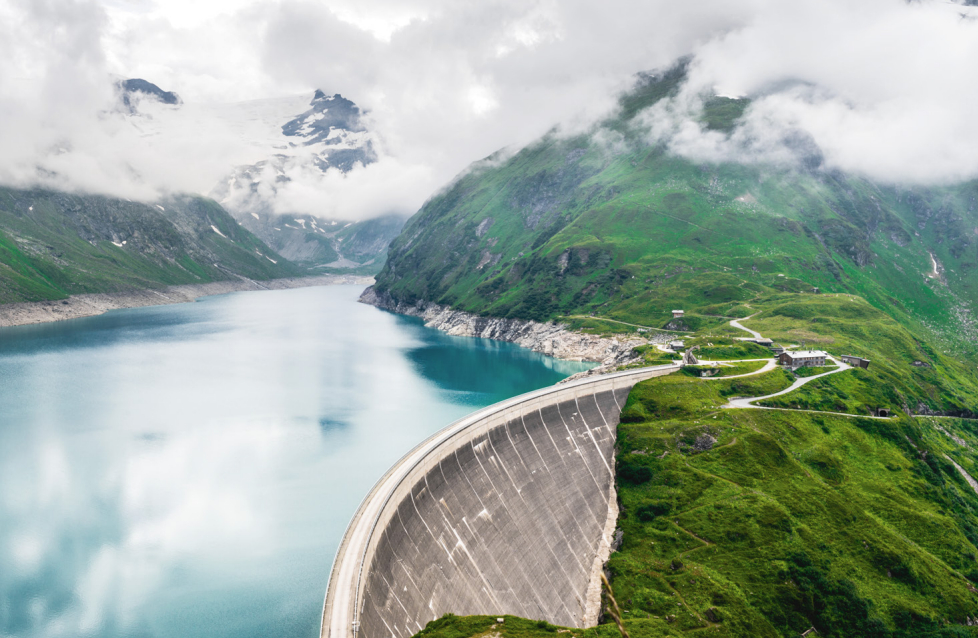 Faced with multiple socio-economic and environmental pressures, transformation is rapidly reshaping
the world we live in today.
Faced with multiple socio-economic and environmental pressures, transformation is rapidly reshaping
the world we live in today.
These challenges are being driven by vulnerability to climate uncertainty; increase in water demand caused by rapid population growth and the rise of modern urban environments; degradation of the quality of rivers, lakes and aquifers; competition among usages; and economic and geopolitical factors. These challenges are also accompanied by opportunities such as disruptive advances in technology and digital solutions.
Water engineering underpins and impacts almost every aspect of our lives. It gives rise to options and solutions for improved policy settings, economic growth, as well as physical, social, and environmental well-being as we strive for global water security. As countries accelerate the implementation of the Sustainable Development Goals [SDG], the most critical and the costliest solutions all involve water infrastructure, technologies, and innovations.
Hydro-environment engineering and research is about expanding our knowledge about water flow and management in engineered structures and natural water bodies and the use and application of such knowledge to serve society and protect the environment.
Solutions across the entire water cycle
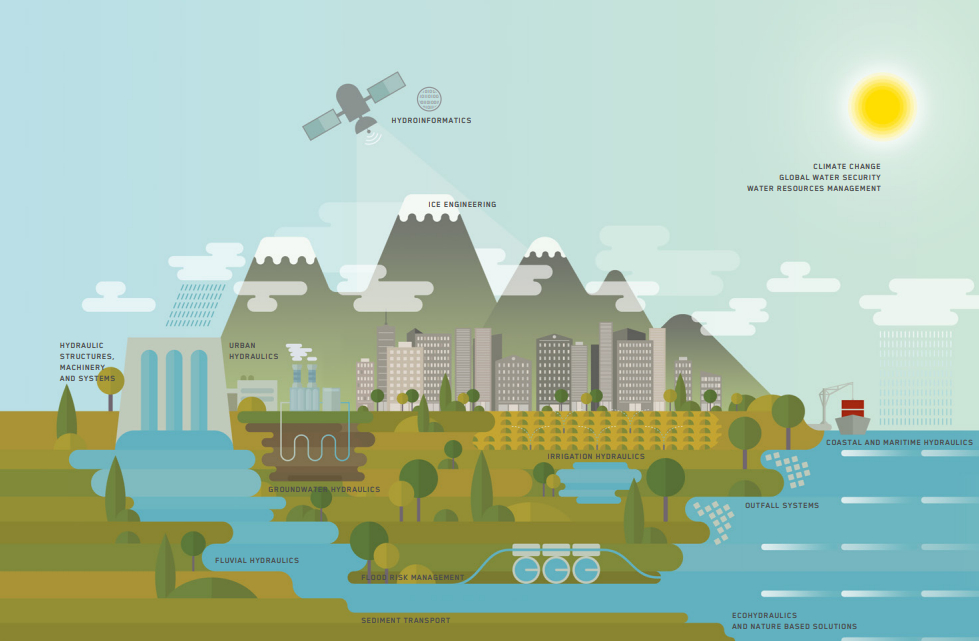 Water knows no sectoral nor administrative boundaries. In addressing today’s challenges, water engineering and research is a truly holistic endeavour.
Water knows no sectoral nor administrative boundaries. In addressing today’s challenges, water engineering and research is a truly holistic endeavour.
To improve water management solutions, the scale and complexity of interlinkages between different activities and sectors necessitate a holistic perspective. This is where a system-wide approach comes to the fore: from the harnessing of water sources in the mountains to the strengthening of the resilience of our coasts and seas.
IAHR brings together the world’s expert communities, researchers, practitioners, companies, and authorities.
As the only global water association focussed
on research, innovation, and engineering across
all sectors of the entire water cycle, IAHR seeks
to grow the collective knowledge, influence and
capacity of the sector to achieve holistic water
outcomes.
Vision
Be the global hub of knowledge and innovation for holistic water engineering
Mission
FOSTER VIBRANT EXPERT COMMUNITIES
Be a dynamic hub for hydro-environment research and engineering organisations to exchange and promote knowledge and expertise.
Consolidate IAHR as the premier global platform for individual engineers, innovators and researchers.
Leverage the knowledge and the expertiseof IAHR’s technical committees and working groups.
Be an inclusive and diverse association for all.
Strengthen regional and national engagement and action.
Strengthen the interface between practice, science, and management.
CONVENE LEADING EVENTS, EDUCATE AND DEVELOP CAPACITY
Grow the World congress as a global platform and hub for scientific and practitioner excellence, innovation and exchange.
Engage the world’s leading specialist communities via existing and new regional and technical symposia.
Develop young professionals and emerging talent.
Be a global hub for events and actions that promote IAHR’s thematic priority areas.
Promote impactful initiatives and actions for capacity building, training and education.
Develop and share rich online, on-demand content
PUBLISH BEST-IN-FIELD JOURNALS AND CUTTING-EDGE KNOWLEDGE PRODUCTS
Establish coherent, sharply focussed and high performing journals.
Produce publications that are engaged with IAHR’s extensive technical communities.
Promote knowledge products that engage with the needs of water companies and society.
Be at the forefront of modern and future publishing trends that open new opportunities for knowledge sharing.
BUILD RESILIENCE BY SHAPING CUTTING-EDGE KNOWLEDGE TOWARDS MARKET AND SOCIETY
Elevate the importance of hydro-environment engineering among decision makers at all levels.
Strengthen the interface between needs of society, public authorities and the private sector; and the innovations, research and knowledge for market and implementation.
Foster public and private sector membership and synergy mechanisms.
IAHR Thematic Priority Areas
IAHR has identified 3 areas + 1 cross-sectorial area
to foster expert communities, knowledge, action, and synergy.
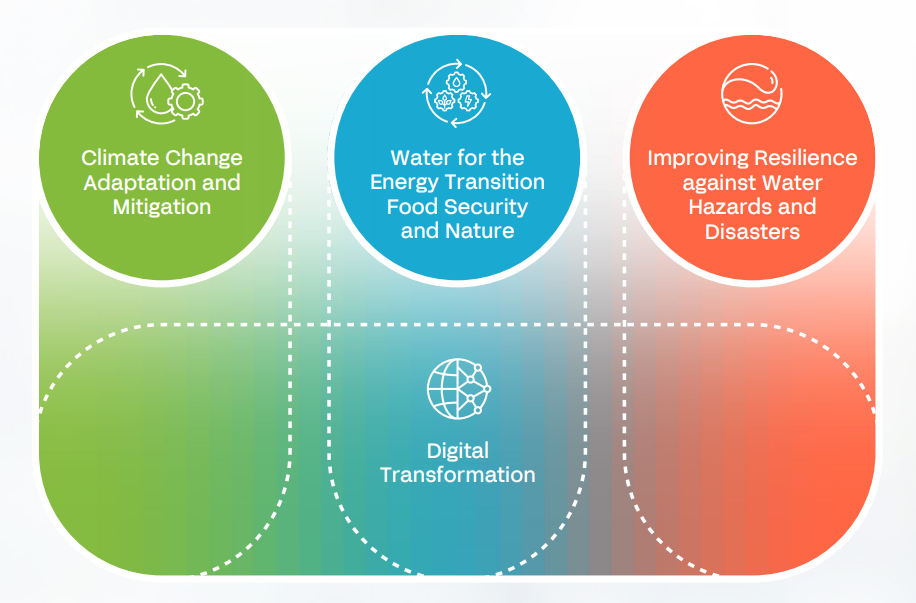
Climate Change Adaptation and Mitigation
Adaptation to climate change is one of the most prioritised hydro-environment challenges faced by governments, practitioners, and researchers. Recent IPCC reports raise the urgency of improving our ability to respond to more intense and frequent instances of heavy precipitation and severe drought. Across the full water cycle, water engineering must ensure adaptability by addressing and connecting the relevant needs of revised uses from urban environments to industrial plants and agricultural fields.
IAHR seeks to bring forth leading research, best practices and solutions in areas such as:
Design guidance under climate change
Revised engineering practices in harmony with nature
Resilience strategies for extreme events such as floods and droughts
Added value of green and grey water infrastructure Improved coastal and environmental protection and maritime hydraulics
Optimised solutions for river flows processes and management
Effective practices in groundwater hydraulics and related water services
Nations representing more than 90% of global GDP have committed to a carbon neutral future. Water is recognised as a significant contributor to attaining net zero.
Meeting this climate challenge urgently requires researchers and professionals of the water sector to provide net-zero pathways via:
Water-related renewable energies
Energy efficiencies to be gained from water uses
Carbon sequestration, storage and greenhouse gas emissions from aquatic environments
Water footprint reduction
Explore the Thematic Priority Area
Water for the Energy Transition, Food Security and Nature
Water engineering is critical to realising the global energy transition, securing food for all, and to optimising our solutions in harmony with natural ecosystems.
As countries around the world seek to shift their energy dependencies, engineering and innovation are instrumental to improving water-related renewable energy options. Global hydropower capacity is expected to increase by 17% this decade. Meanwhile, thousands of aging large dams around the world present major challenges to how they will be rejuvenated, maintained, replaced, or removed. Research and knowledge into the promise of the hydrogen economy, water-related renewables, and other key hydraulic areas will contribute to improved grid stability and enable the integration of complementary renewable sources into the energy mix.
A 50% increase in global food demand is projected in the coming two decades. With agriculture being by far the world’s biggest consumer of water, technical solutions are needed more than ever to optimise productivity, water use efficiency and protect precious supplies.
Fundamental functions such as irrigation, drainage, and pollution control can be significantly augmented by water storage, controlled flows, and improved digital capabilities that enable optimised allocation, improved decision making and more precise and timely forecasts.
Hydro-environment engineering embraces the optimisation of green and grey solutions across the entire water cycle. This includes Nature Based Solutions, restoration of ecosystems such as rivers, wetlands, aquifers and coasts, and protection of biodiversity. Improved understanding of biotic-abiotic relations within the context of water flow and engineered structures as well as better practices in leveraging ecosystem services will be increasingly essential as nations develop solutions to improve water security whilst maintaining healthy ecosystems.
The Water, Energy, Food, Environment nexus is a complex and intricate system that spans across the water cycle. The solutions of the future must also be holistic and multipurpose.
Explore the Thematic Priority Area
Improving Resilience against Water Hazards and Disasters
Whether due to too little or too much water, nine out of ten disasters triggered by natural hazards in the past decade were water related. These disasters pose serious threats to social, economic, and ecosystem well-being; and arise in varying forms: from storms, floods, droughts, sea-level rise, cyclones, and tsunamis to a spectrum of associated hydrological, climatological, or meteorological hazards. These disasters affect a broad range of river, lake, coastal, ocean, urban, and rural areas across the world. In the context of global change, engineers must boost our understanding of how best to deliver resilience against water hazards and disasters.
Technical solutions must work hand-in-hand with policy, management, and financing to provide options for resilient infrastructure and urban environments that can adapt to an uncertain future. Critical to our endeavour are data and information systems that improve disaster preparedness, structural and non-structural measures to reduce vulnerability, early warning and prevention systems, as well as ecosystem protection.
Explore the Thematic Priority Area
Digital Transformation
More data has been generated in the past two years than in the entire history of humanity. Combined with rapidly rising computing power and connectivity, the digital opportunity will be massively transformative for the entire water cycle.
New and emerging technologies accelerate better water management, increase efficiency, advance environmental objectives set by hydrological planning and international regulations, and unleash timely and precise data for smart water decisions. At the same time however, many critical water services suffer from insufficient, non-existent, or poor-quality data.
Advances must be made at all levels to ensure that the promise of digitalisation of the water cycle benefits all societies and environments. IAHR focusses on 5 key areas along the journey towards digital transformation in the water sector:
Data and sensoring: measure and monitor th physical parameters and represent the water cycles in real time.
Internet of Things: maximise the added value of the existing communication protocols to optimise the implementation and use of sensors and the development of monitoring inclusive environments.
Modelling: develop a new generation of modelling systems able to address larger spaces with a high level of accuracy, integrate new data sources, and incorporate climate dynamics.
Artificial intelligence [AI], big data, and technical knowledge: implement a balanced approach where human expertise must be at the nexus of AI solutions and analysis, operational implementation, decision-making prerogatives and support, and extrapolation capabilities.
Digital twins: explore the opportunities to expand holistic management of the water cycle.
Explore the Thematic Priority Area
Bringing the vision to reality
 The realisation of IAHR’s 2024–2027 vision and mission rests on the mobilisation of its expert members
and partnerships. Led by IAHR’s revamped governance structures, the Executive Committee, Council, Regional Divisions, Technical Committees and the Working Groups will be supported by the global IAHR
secretariat to deliver annual action plans that aim
to realise our goals.
Along the journey, dedicated communications,
portals and opportunities to engage with members
and external partners alike will be fostered and
established. Together, we look forward to Accelerating Water
Engineering and Science for Resilient Societies and
Healthy Environments.
The realisation of IAHR’s 2024–2027 vision and mission rests on the mobilisation of its expert members
and partnerships. Led by IAHR’s revamped governance structures, the Executive Committee, Council, Regional Divisions, Technical Committees and the Working Groups will be supported by the global IAHR
secretariat to deliver annual action plans that aim
to realise our goals.
Along the journey, dedicated communications,
portals and opportunities to engage with members
and external partners alike will be fostered and
established. Together, we look forward to Accelerating Water
Engineering and Science for Resilient Societies and
Healthy Environments.
The International Association for Hydro-Environment Engineering and Research [IAHR], founded in 1935, is a global independent member-based organisation of engineers, researchers, and water specialists working in fields related to the hydro-environmental sciences and their practical application. Read more.
